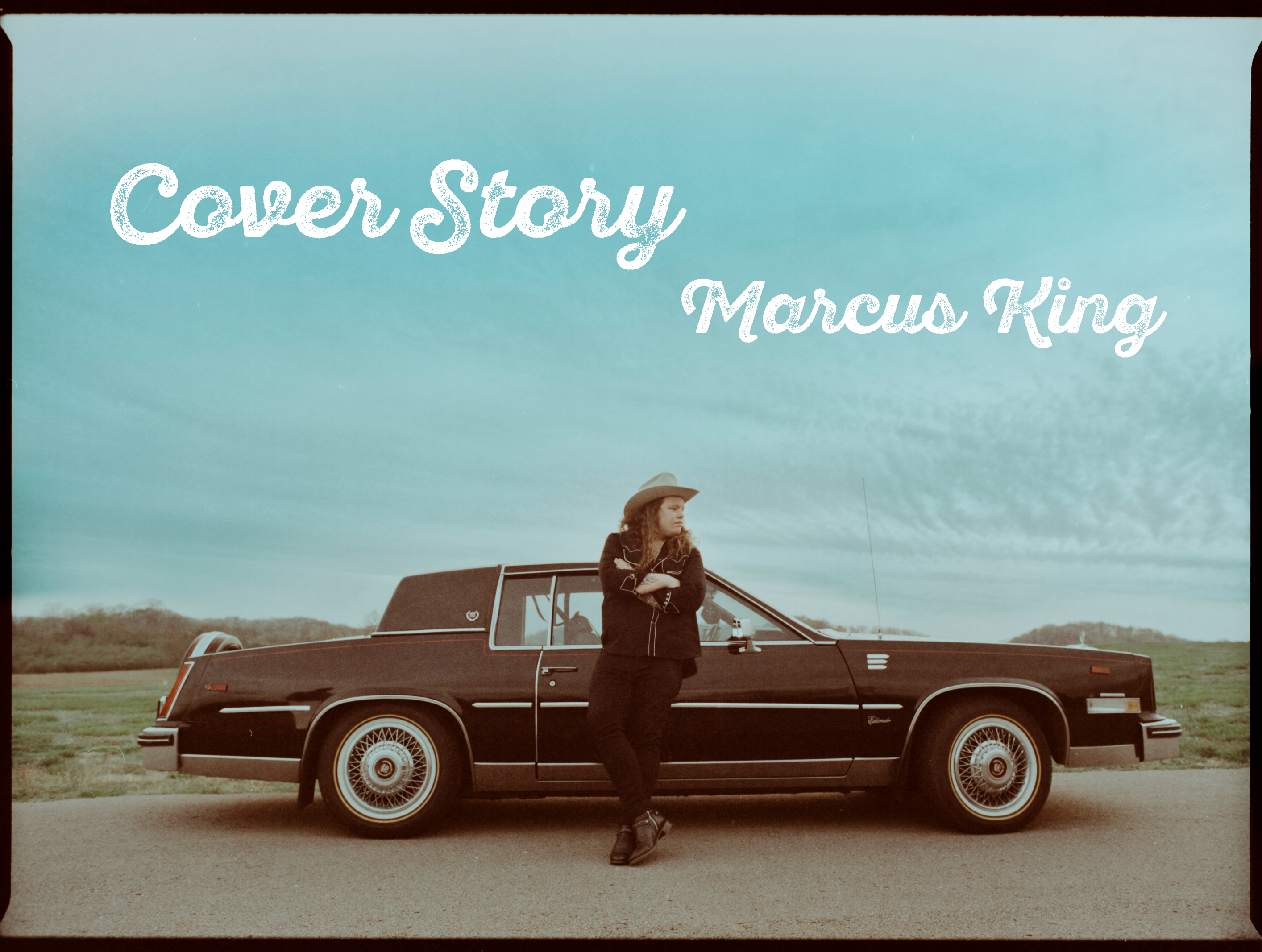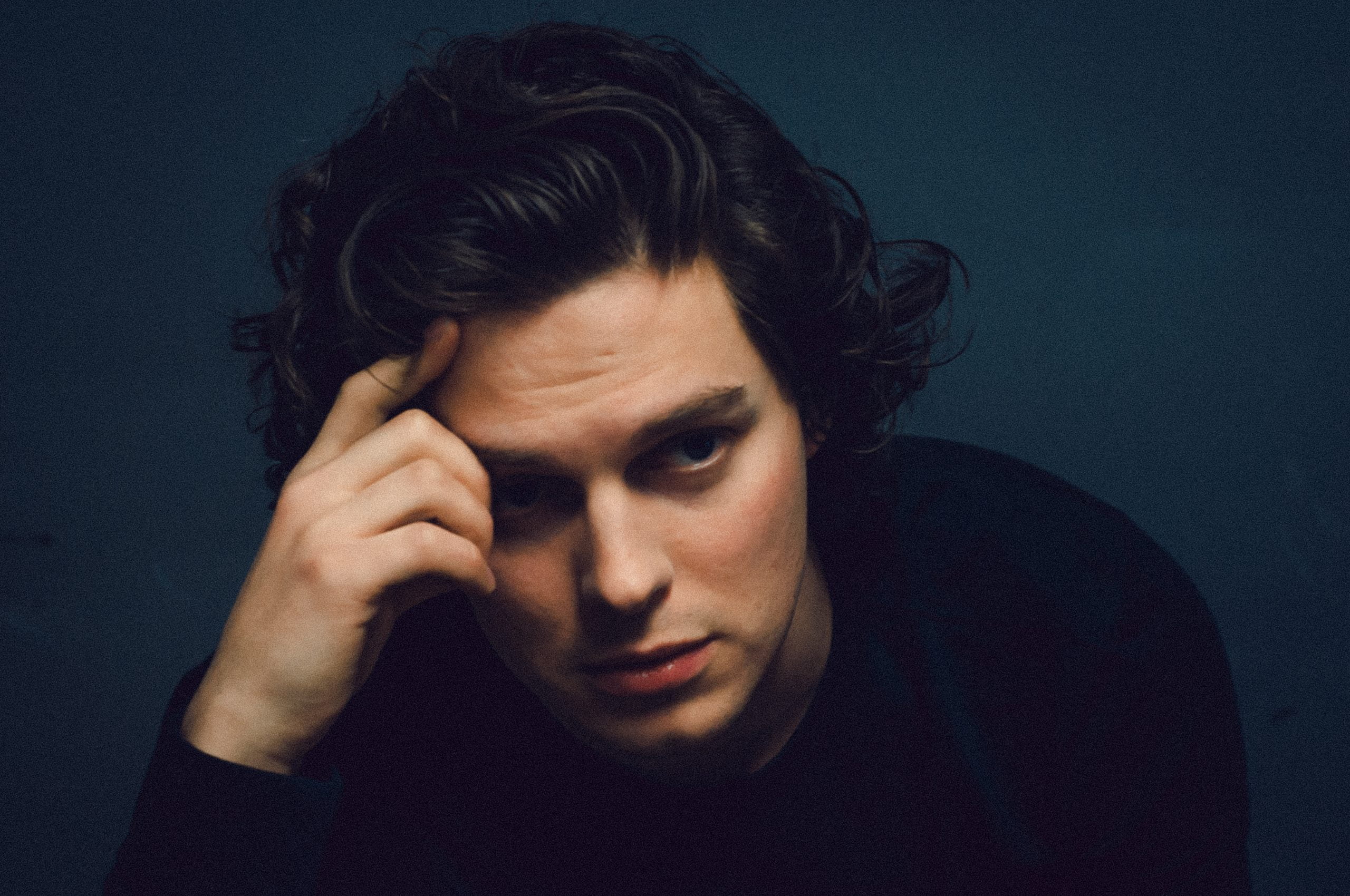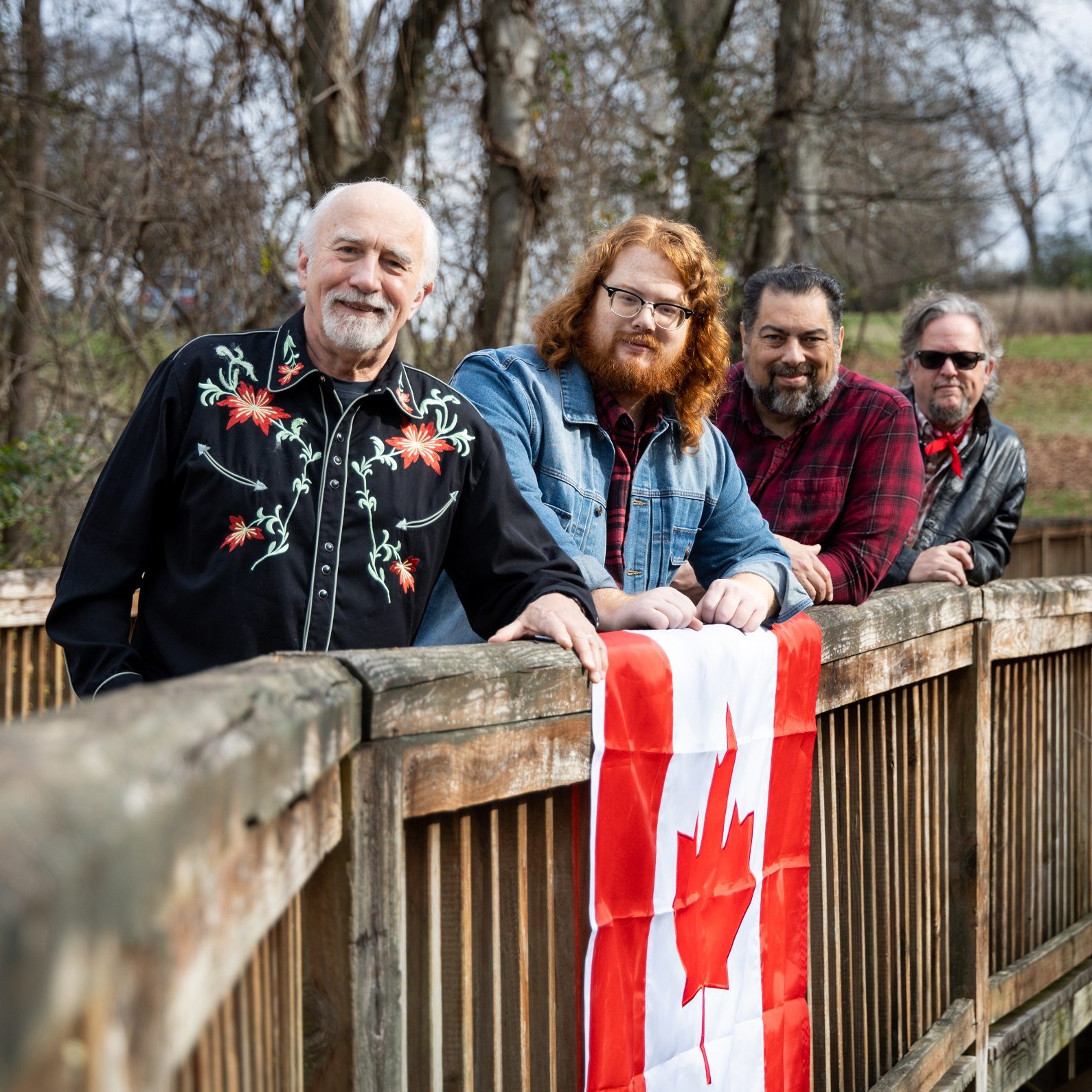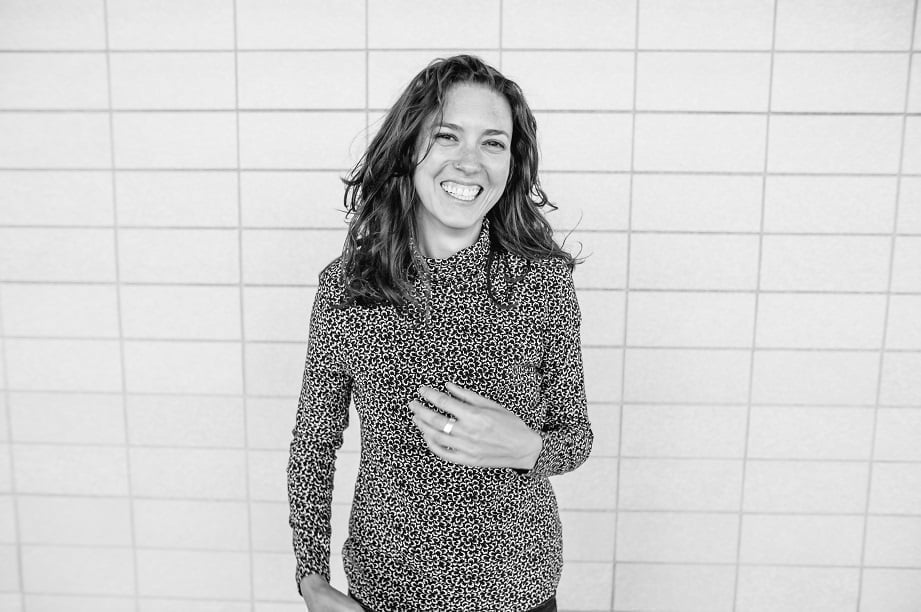A first encounter with Marcus King’s voice is nothing short of wondrous. The 23-year-old singer/songwriter/guitarist functions less like a singer and more as conduit for raw emotion, his dynamic, melodic singing grounded in soul, rock and roll and a preternatural sense of musical intuition. To boot, he is also one of our best young guitar-slingers, wowing legends and fans alike with his emotive, inventive take on modern, electric blues music.
On January 17, King released his first solo album, El Dorado. Produced by Dan Auerbach, it marks the first time King has offered a full-length project outside of his critically acclaimed Marcus King Band; accordingly, the project feels particularly intimate and honest, with King reaching new heights as not just a singer and player but as a storyteller and lyricist.
BGS caught up with King as he was getting ready to perform on Jimmy Kimmel Live to chat songwriting, working with Auerbach, and how it feels to strike out on his own.
BGS: It’s only been a couple of days since El Dorado released. What have the last few days been like for you?
MK: Man, it’s been a bit of a circus. But I always liked the circus when I was a kid. So it’s working out fine.
You had a couple of release shows in Nashville on Friday, too. What was it like getting the new music out to people?
It’s fun, man. Those solo acoustic shows can be a little nerve-wracking, just because there’s no one to share with. It’s a lot more vulnerable. I feel a little exposed during those, in a way. But it makes it that much more gratifying, you know?
Was there a particular song or idea you were kicking around that made plotting the album click into place for you?
It all started with “Young Man’s Dream.” We wrote that two years ago, almost to the day. It was right before I was going in to do [the Marcus King Band’s 2018 album,] Carolina Confessions. We already had plans to work with Dave Cobb, which was a surreal experience. Before that, Dan Auerbach reached out and asked if I could come do some writing sessions with him. I jumped at the chance. That’s the first tune we ever wrote together, “Young Man’s Dream.” Then the theme fell into place for this to be a storytelling album, a coming of age story.
Given that you and Dan had written that one song together and felt strongly enough about it to do this entire project, what would you say makes your creative partnership with one another so special and fruitful?
Working with somebody is a really intimate relationship. Writing is really personal. I had never really co-written before, and Dan was really particular about who we brought in to write with me on this record. He and I were able to write together two years ago and continue to do so over the past couple of years. Our friendship and our writing partnership led to a very organic process in the studio. Writing together [for the first time] is really kind of like a first date. It’s a little awkward and you really have to bare your soul and hope you don’t freak anybody out.
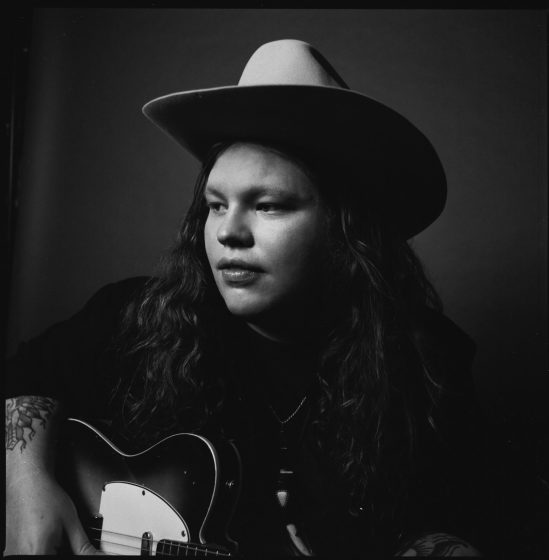
To that point, when you are writing, how heavily do you draw from your own life? Are you the kind of writer who puts it all out there or are you more inclined to share your personal experiences through metaphor and more universal stories?
I pull directly from my personal experience, because I feel like that’s what I want to hear from a writer and from my favorite singer/songwriters. I love a good metaphor and all, but I really enjoy the personal experience you can hear behind the words, and their conviction. If I like a song it’s because I feel a personal kinship to that music. On this record, everything we wrote came from personal experience.
With further regard to your songwriting, you’re such a dynamic, melodic singer. When you’re writing the vocal parts of your music, do you tend to have a melody first or a lyric first? Or does it vary song by song?
The melody comes first for me. Especially if I’m working with a keyboard player, like Bobby Wood, who played on the record. He comes up with these really beautiful, gorgeous parts and I’ll just start humming, and hum more and more until it starts to form words. I just allow my soul to fill in the blanks, as to what those notes are trying to say. I’ve found that to be a pretty different way to approach it, but it’s fun.
When you get to the point when you’re ready to record a song – and I know y’all recorded this album particularly quickly, over just three days – when you go to record a song, do you have a note-by-note sense of what you’re going to sing or are you more likely to follow your instinct, particularly with regards to ad-libs and runs?
It’s mostly on the fly. The only time I would ever change it would be if Dan and I thought it should go a little differently. Then I’ll go back and fix it.
I actually ran into someone last night and they complimented me and said there were a lot of well-thought-out [guitar] solos on the record which, to me, is shocking to hear, because I can’t write a guitar solo or a vocal melody. It just comes. It’s a natural thing. To me, that’s against what I know. I was almost offended – I wasn’t actually offended, obviously – but you know that’s my whole approach to the record, to free it up melodically.
You touched on this a minute ago, but you had an incredible roster of players who joined you in the studio while you and Dan were recording. What was your time together like?
The whole reason we work so well together is that their work ethic and mine really align. The only time I have to wake up early is if I’m working on new music or I’m working on something really important to me; otherwise I’m a late riser. On this record, I would get in around nine and all the cats would already be there. They’re all in their late seventies and early eighties, so they all get up at sunrise. They’d already have had their coffee and would just be waiting on me to get there. We’d get to work around 9:30 and go until 9:30, 10 at night.
Given that they’re all such seasoned players, did you give them free reign to write and play their parts, or did you have a firmer sense of what you wanted each player to do?
We had our work tapes of the writing sessions. We’d play the tape for them and they’d write their charts and give us the chart. We’d play the song and that would be the take. Everyone is writing their own parts on the spot, you know? It’s really a beautiful way to record. The stuff that comes out that way is really beautiful. Everyone added their own part and I never had any notes. The only note I had was at the end of “Wildflowers & Wine,” the outro is a little different. I recommended that change. That’s the only little note I had. Otherwise it was all great.
We touched on playing these songs live solo at the beginning of the conversation, but you’ll have your band out with you on the road in support of the album. What are you most looking forward to about playing these new songs live?
I’m excited to showcase it to people in a way that they’ve never heard it before. I always like to talk about the importance of having a studio version and live version. I think having the live version sound exactly like the studio is almost a farce. We stay true to form; we aren’t going like Radiohead with completely different versions. But we add more improvisation and play a bit with the structures of songs. We also have two horn players, so the songs have a different vibe. Why would someone want to leave their home and come all this way to hear it exactly the same? I like to offer up something different, you know?
Photos: Alysse Gafkjen
